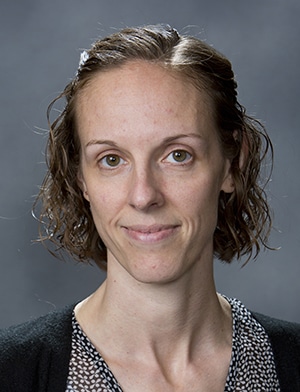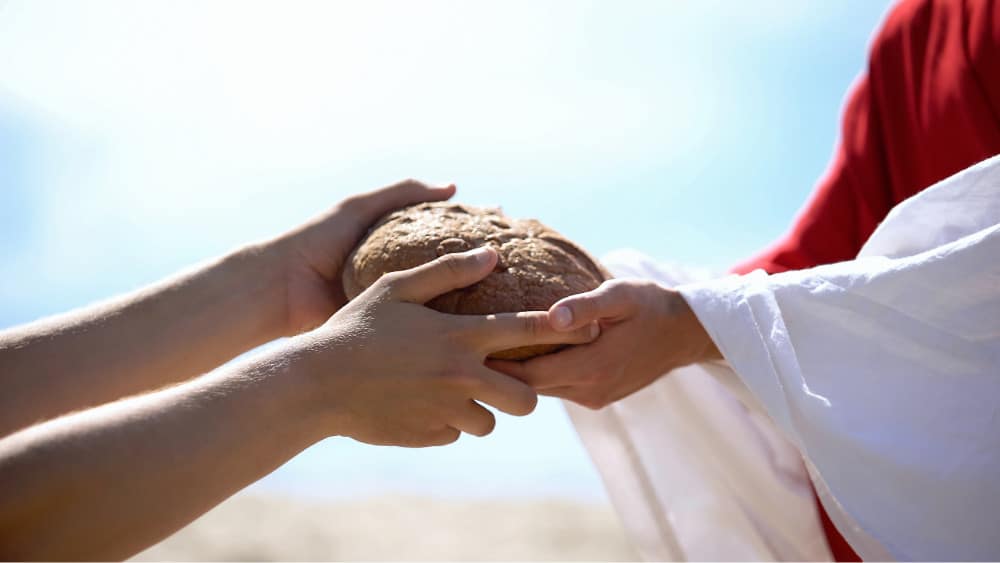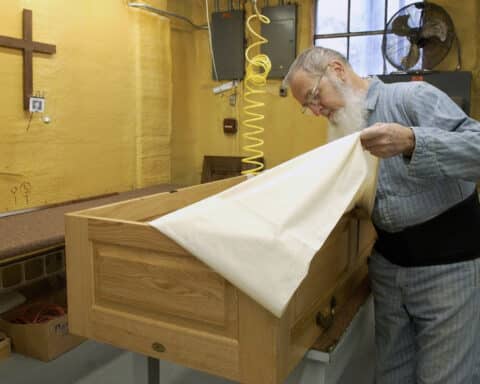
Thus begin our readings for this Sunday. Isaiah sounds very familiar. We hear in his words Christ’s commandment to carry out the corporal works of mercy: feed the hungry, clothe the naked, give shelter to the homeless. But I am interested in thinking with you today about the word that comes next: “Then.” Then, writes Isaiah, your light shall break forth like the dawn. …
Isaiah seems to suggest that works of mercy make our light shine. What does he mean? What is “your light”?
Servant of God Thea Bowman, a Franciscan Sister of Perpetual Adoration, can help us answer these questions. She loved the scriptural imagery of light, and is known well for often saying and singing, “This little light of mine: I’m gonna let it shine!”
| February 5 – Fifth Sunday in Ordinary Time |
|---|
|
Is 58:7-10 |
Sister Thea was born “Bertha” Bowman in Yazoo City, Alabama. In 1953, at the age of 15, “Bertha” decided to join the Franciscan Sisters of Perpetual Adoration in Wisconsin. She was their first Black sister. As such a sister, Thea set out to make the Church know who the Church truly is.
She even spoke to the bishops. Letting her light shine, she told them: “The Church teaches us that the Church is a family. It is a family of families and the family got to stay together. We know that if we do stay together, if we walk and talk and work and play and stand together in Jesus’ name, we’ll be who we say we are, truly Catholic … and build together a holy city, a new Jerusalem, a city set apart where they’ll know we are his because we love one another” (USCCB presentation, June 17, 1989).
For Sister Thea, the Church is a “city” set apart by its love, a city set on a mountain, just as Christ said. Love binds the people of the Church together just as a family is bound by love. Except the Church’s love is even greater. As Sister Thea put it, the Church is held together by “the love that is found in The Word of God,” in God himself. God’s love makes this city a “holy city.” Living Christ’s love out, this love then becomes a light, as foretold by Isaiah and confirmed in Christ. Then it will not be hidden, but it will radiate and shine before others.
So what does Isaiah mean? What is “your light”? “Your light” is God’s love, active within you and binding you to the Church. And the Church is the “holy city” set apart on a mountain.
But, Sister Thea also highlights another dimension of the Church by using Scripture’s image of the holy city set apart. “Love,” as Sister Thea once said,” is “enunciated in a thousand languages … a thousand ways” in the Church, writes Maurice J. McNutt, CSsR, in “Thea Bowman: Faithful and Free” (Liturgical Press, $19.95). Thus, while this city is unified by a single love, it remains a communion of many people, each of whom is unique and unrepeatable. Each and every person is called to be the Church precisely by becoming more authentically themselves through holiness — through, that is, the perfection of love within themselves as they walk “unhesitatingly according to his own personal gifts and duties in the path of living faith” (Lumen Gentium, No. 5).
And so we ask again: What did Isaiah mean? What is your light? With Sister Thea, we might say: your light refers to your holiness, and to each person’s unique, Christ-like enfleshment of God’s love. Such enfleshments of love are Isaiah’s dawn: Then your light shall break forth. And, as Christ suggests, we should let it shine for all to see.
Catherine Cavadini, Ph.D., is the assistant chair of the University of Notre Dame’s Department of Theology and director of its master’s program in theology.





